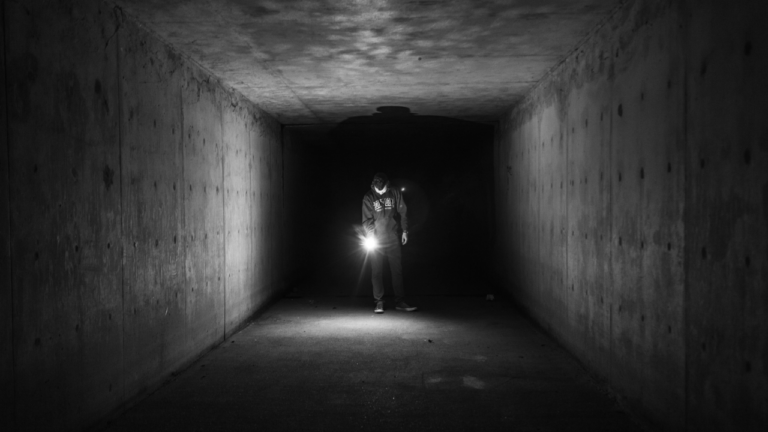How to Adapt Classic Detective Techniques for Solving Fictional Mysteries

Classic detective techniques, inspired by greats like Sherlock Holmes and Hercule Poirot, are the foundation of real-life investigative work. But these techniques can also be remarkably useful in fictional settings like mystery games or novels, where logic, deduction, and careful observation play a vital role. Adapting these timeless techniques to solve fictional mysteries not only enriches the experience but also helps you think like a true detective, sharpening your ability to notice clues, analyze details, and connect the dots.
This guide explores how you can bring classic detective methods to life in fictional mystery games, helping you dive deeper into the role of an investigator and solve mysteries more effectively.
1. Use Observation Skills to Detect Subtle Clues
Observation is one of the cornerstones of detective work. Often, the smallest details hold the biggest clues. Adapting the detective’s “sharp eye” for fictional mysteries can reveal hidden information in the environment, such as the placement of objects, inconsistencies in suspects’ behavior, or minute details others might overlook.
2. Apply Deductive Reasoning to Rule Out Suspects
Deductive reasoning—moving from the general to the specific—is a hallmark of classic detective work. In fictional mysteries, using deduction allows you to eliminate suspects logically, narrowing down the list based on motives, alibis, and available evidence. By focusing on what is undeniably true, you can progressively isolate the guilty party.
3. Employ the Power of Hypothesis Testing
Detectives often develop hypotheses to explain events, testing each idea against the facts until one fits perfectly. In a mystery game, forming a theory and actively trying to prove or disprove it helps structure your investigation, guiding you through a logical process of elimination and refining your understanding of what really happened.
4. Analyze Suspects’ Motivations Deeply
Every fictional crime is driven by motives, and understanding these is key to identifying the culprit. Classic detectives dig into characters’ backgrounds, relationships, and goals to reveal potential motives. Applying this approach in fictional mysteries helps you go beyond surface-level clues, giving you insight into why each suspect might want to commit the crime.
5. Leverage Forensic Thinking to Examine Evidence
While mystery games may not involve actual forensic labs, applying a forensic mindset—analyzing physical clues carefully—can help you connect evidence to suspects. Whether it’s a misplaced item or a suspicious stain, thinking like a forensic scientist allows you to make logical inferences from even the smallest pieces of evidence.
6. Follow the Timeline of Events Carefully
In real investigations, detectives create a timeline to understand where each suspect was and when. In fictional mysteries, crafting a timeline helps you track alibis, identify possible overlaps, and spot inconsistencies. With a clear sense of the sequence of events, you’ll be better equipped to understand who had the opportunity to commit the crime.
7. Practice the Art of Interrogation
Classic detectives are masters of the interrogation, using questions to subtly extract information. In fictional mysteries, adapting this skill allows you to uncover inconsistencies or hidden truths by asking suspects direct or open-ended questions. Knowing how to question characters effectively can reveal key details that might otherwise go unnoticed.
8. Trust Your Instincts, But Verify with Evidence
Detectives often rely on a mix of intuition and evidence. In mystery games, trusting your instincts can guide you toward the right path, but backing up your suspicions with concrete evidence is crucial. By balancing gut feelings with logical proof, you can navigate the twists and turns of any mystery with confidence.
Final Thoughts
Solving fictional mysteries becomes much more engaging when you use classic detective techniques. By observing details closely, using logical deduction, and testing hypotheses, you can immerse yourself in the role of a detective and bring a sense of realism to the game. With practice, these classic methods will help you unravel even the most complex fictional mysteries, making each game a rewarding and intellectually stimulating experience.






